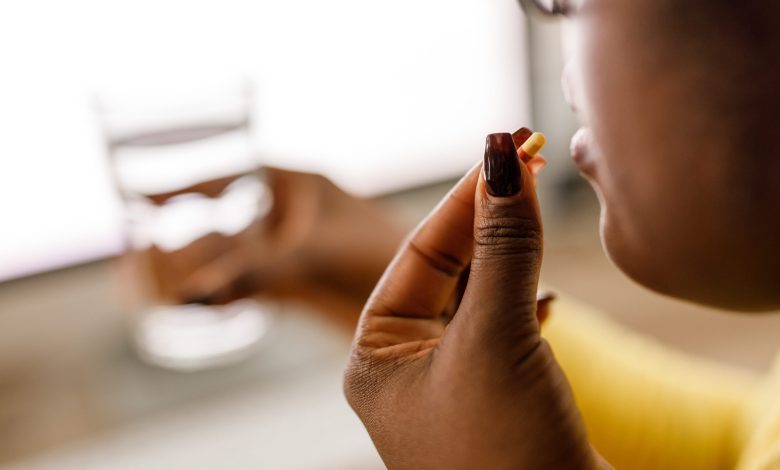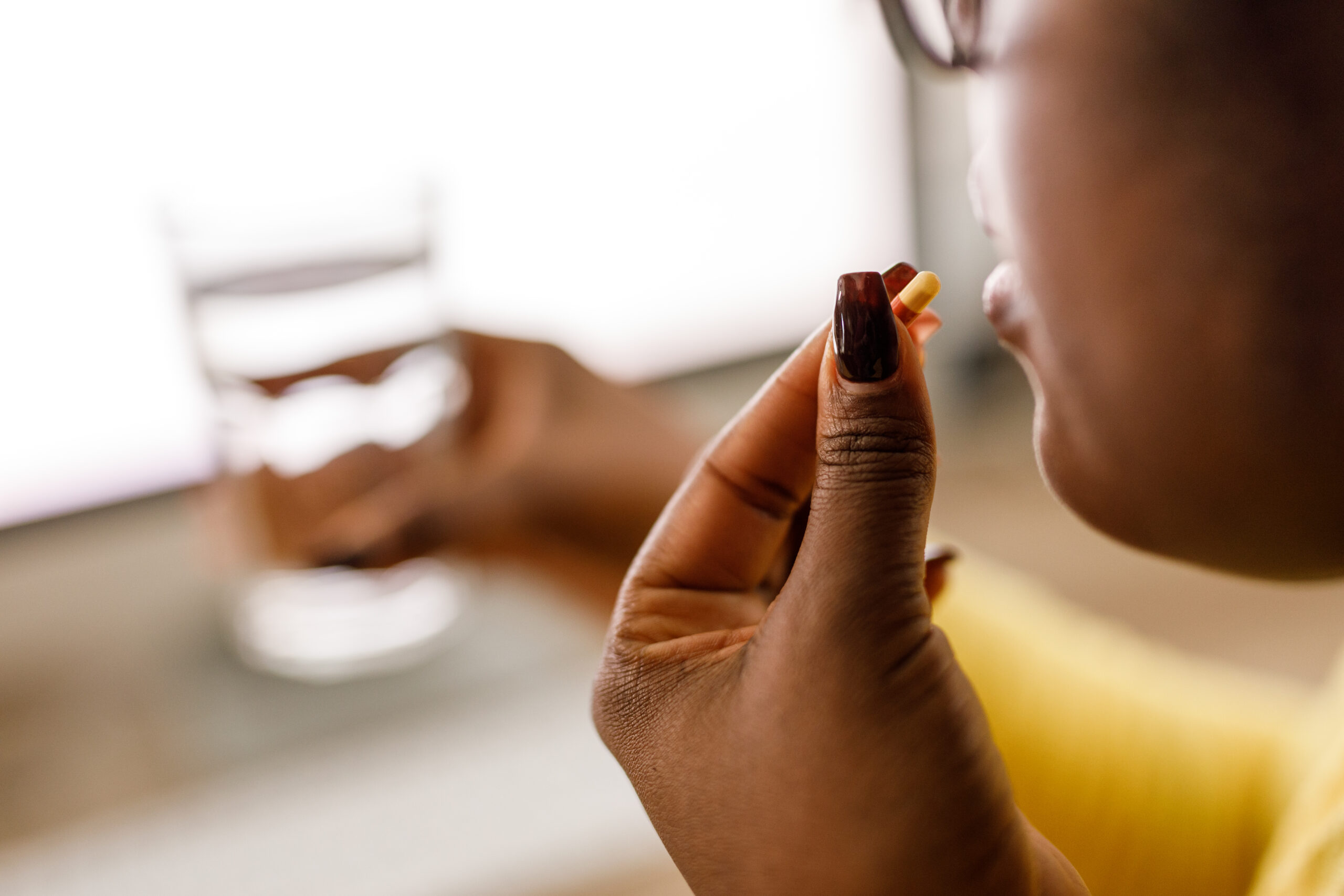This Clinical Trial is Testing a Pill for Triple-Negative Breast Cancer – BlackDoctor.org


A groundbreaking clinical trial is set to launch that could potentially change the landscape of triple-negative breast cancer (TNBC) treatment, especially for Black women who are disproportionately affected by this aggressive form of breast cancer. Dr. Linda Vahdat, a breast cancer medical oncologist at Dartmouth Cancer Center, is spearheading a study that aims to prevent cancer recurrence in TNBC patients using a novel approach: copper depletion.
The trial, which is expected to begin in September 2024, will test whether a copper depletion pill called tetrathiomolybdate (TM) can prevent metastasis in TNBC patients who have residual disease after standard treatment. This innovative approach comes after 15 years of research by Dr. Vahdat and her team.
“We figured out how it worked,” Dr. Vahdat explained. “Basically, breast cancer cells are just hanging out. They don’t know how to get from point A to point B. So what it does, it has mastered hijacking infrastructure in order to spread and grow.”
The copper depletion pill works by binding to the copper we ingest through our diet, preventing cancer cells from using it to spread. Dr. Vahdat likens it to a pool of copper in the body: “We want that by the time that the cancer cells get up to the head of the line to drink from that pool that there’s nothing left for them. But we want copper to be there because copper is really important for normal cell function.”
This trial is particularly significant for Black women, who are three times more likely to be diagnosed with TNBC than white women. “We’re getting triple negative in Black women at 3 times the rate of white women. And so we have to reflect those numbers in your trial,” emphasized Ricki Fairley, a breast cancer advocate and survivor and founder of TOUCH BBCA.
Dr. Vahdat has deliberately chosen trial locations with diverse patient populations, including NYU, Vanderbilt, Emory, and other institutions across the East Coast. “When I chose the sites and reached out to my friends at those sites, I knew that they would have large numbers of Black women,” she said.
The trial is open to women with TNBC who have had some chemo or immunotherapy upfront, followed by surgery, and still have residual disease. Dr. Vahdat explained, “Patients who would be eligible are those with what we call RCB-II or III. So pretty much any node-positive is gonna be an RCB-II or [RCB-III].”
Participation in clinical trials is crucial for advancing cancer treatments, especially for underrepresented groups. Hayley Dinerman, executive director of the Triple Negative Breast Cancer Foundation, pointed out a common misconception: “For so many women, they believe that a clinical trial is what you do after you know, as a last resort after all other therapies have failed. And that is just not true.”
In fact, clinical trials often provide access to cutting-edge treatments before they’re widely available. As Dr. Vahdat put it, “Usually it gives you access to drugs before they’re FDA approved.”
The potential impact of this trial cannot be overstated. TNBC is the only breast cancer subtype that doesn’t have a drug to prevent recurrence. If successful, this copper depletion approach could be, as Latoya Bolds-Johnson, a breast cancer advocate, “like tamoxifen… without all the side effects potentially.”
However, Dr. Vahdat cautions that proper development is crucial: “We have to develop it right so that it doesn’t get lost.”
For Black women considering participation, it’s important to note that this trial is designed with diversity in mind. The research team is committed to ensuring that the trial population reflects the disproportionate burden of TNBC on Black women.
Participating in this trial not only gives patients access to potentially life-saving treatment but also contributes to the advancement of TNBC treatment for all patients, especially those in the Black community.
As Fairley emphasized, “We need better drugs. We need more therapies. We need different stuff.” This trial represents a step in that direction.
For those interested in learning more about this trial or other TNBC clinical trials, resources are available. The TNBC Foundation website offers a clinical trial matching service, and Touch BBCA also has a portal for trial matching.
Dr. Vahdat and her team are excited about the potential of this trial. “We’re almost there,” she said. As the trial prepares to launch, it offers hope for TNBC patients, particularly Black women, who have long been waiting for more targeted, effective treatments.
In the words of Dr. Vahdat, “As an oncologist, I am tired of giving chemo. I don’t wanna give chemo anymore. I want something that’s more targeted.” This trial could be the first step towards that goal, potentially changing the future of TNBC treatment for all patients, but especially for the Black women who bear the heaviest burden of this disease.




